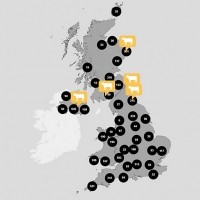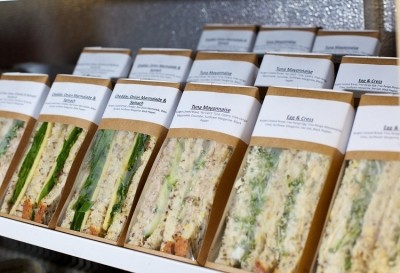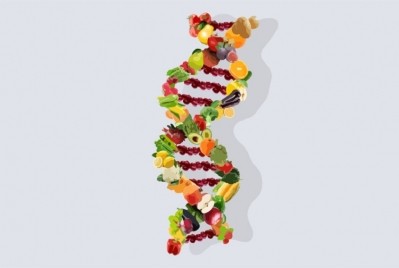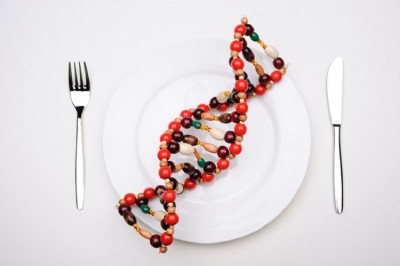GFSI CONFERENCE 2019
M&S beef traceability pays off: Boosted sales and ‘dramatically’ reduced complaints
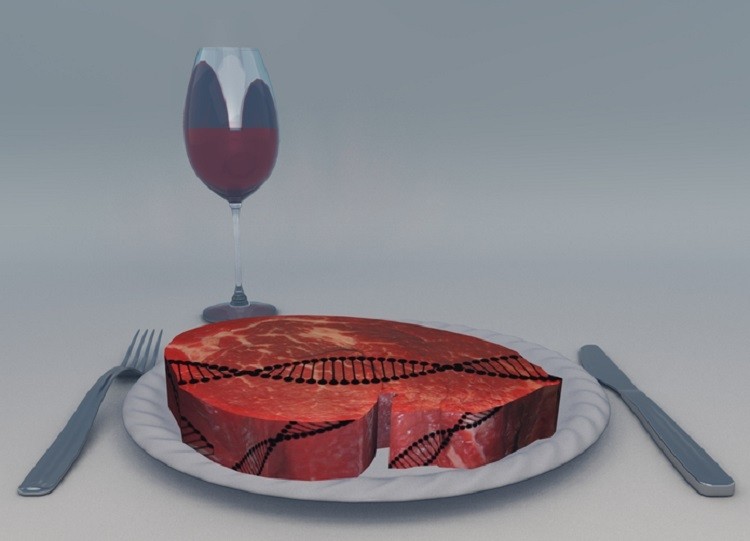
UK-based Marks and Spencer (M&S) boasts to be the only national retailer able to trace every piece of beef it sells back to an individual farm and animal.
Together with Dublin-based tech firm IdentiGEN, the retailer-cum-manufacturer has applied DNA TraceBack technology to ensure ‘complete traceability’ – starting with taking a DNA sample from every animal across the 8,000 farms in its beef supply chain.
A great number of data sources around beef cattle already exist, according to M&S’ head of agriculture and fisheries sourcing, Steve McLean. Indeed, European legislation demands that farmers register the breed of the animal, the date it was born, as well as when and where it relocates between farms.
“IndentiGEN sucks up that information, so by the time we take a DNA sample, we’re linking [when] the animal is slaughtered – because that’s the point we take the DNA sample – with a history of where that animal has been in its life,” he told delegates at the Global Food Safety Initiative (GFSI) Conference in Nice, France last week.
The system also allows M&S to police origin claims across its beef range, from a “simple steak roasting joint to a beef sandwich, to a cottage pie, to a ready meal,” he continued, while verifying that the beef is moving through the supply chain – from farm to processor to store – correctly.
Beyond the traceability aspect, breed profiles can also be verified, as well as maturation specs.
Thousands of tests are carried out on products taken at random from M&S stores and warehouses every year.
“We have over 300 food factories manufacturing beef products for us and there are 40 sites that handle beef in different guises, so it’s a very complex, very large supply chain.
“Beef is the predominant ingredient in Marks and Spencer’s food business. So it’s really important to us, and it’s the one that if we ever got it wrong, our customers would never forgive us,” said McLean.
Complaints down, sales up
M&S prides itself on having one, high quality beef standard across the board. The retailer uses steers and heifers only, with tight maturation ranges, and defends its premium prices with focus on product quality.
“We have a very, very discerning customer,” McLean told delegates. “So if we get it wrong, we know about it.”
Complaint statistics show that improved beef traceability has helped M&S avoid ‘getting it wrong’, and indeed, the firm has been able to turn the technology into a marketing advantage.
“We’ve seen a couple of different things happen since we implemented this in 2012,” explained McLean. “Firstly, we’ve seen that our complaints have fallen dramatically, to the point that the costs [of the system] are negated by the feedback we get from our customers about the beef we sell.”
M&S is down to less than two thirds of the complaints it received prior to the DNA TraceBack project. “That was probably around some deviation on maturation windows, particularly around promotional activity when suppliers do come under intense pressure to be able to deliver.”
Another benefit has come from a television marketing campaign launched by M&S last year highlighting traceability across its beef supply chain. The advertisement boasts that M&S “… can trace all our beef right back to every farm and animal. We trace it so you can trust it.”
Since launching the campaign, M&S has experienced a “tremendous uplift” in its beef sales. “And that uplift has been maintained,” said McLean.
“The message is [in reassuring] the customer that your quality standards are right, that you’ve got complete traceability and therefore they trust you.”
The future: DNA breeding and shrimp traceability
At the GFSI Conference, M&S revealed it has two significant projects in the pipeline relating to its DNA TraceBack project.
For McLean, the “really exciting bit” is not the traceability aspect of DNA TraceBack, but the DNA aspect itself.
“We have started to put DNA programmes in place,” he told delegates, which could allow for breeding regimes designed to improve eating quality. “That’s where we’ll be able to demonstrate a better return.”
M&S is also expanding its collaboration with IdentiGEN to improve traceability across its shrimp supply chain. Recent scientific advances in DNA technology have made traceability deliverable at a large scale, McLean explained.
“It’s a tweaked version of what we do for beef, but it gives us the same traceability,” he continued, explaining that a sample taken from a female shrimp can be used to trace all of its progeny back to its farm of origin.
“Last month we agreed that we would roll out that programme across all our shrimp farms into M&S – in seven countries and three continents.”
